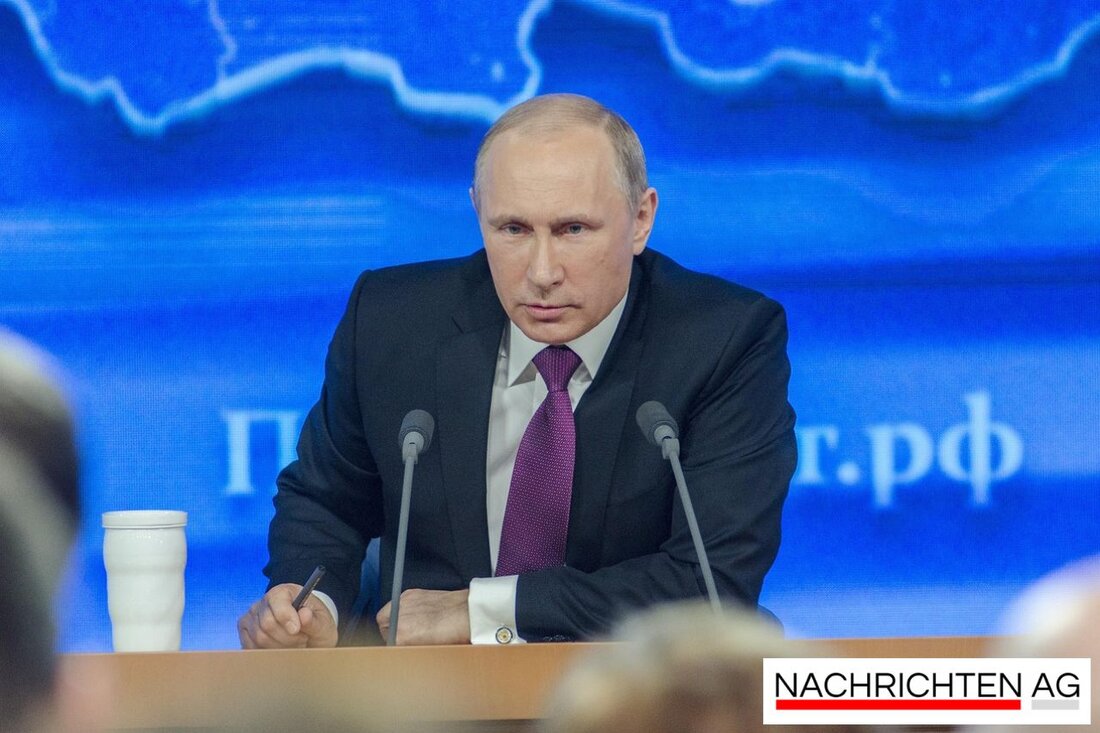Rehlinger and the controversial SPD manifesto: peace or step back?
Rehlinger and the controversial SPD manifesto: peace or step back?
In the political landscape of Germany, a new manifesto within the SPD causes excitement and controversial debates. On June 11, 2025, prominent Social Democrats, including Ralf Stegner and Rolf Mützenich, published a document that calls for a fundamental course correction in foreign and security policy. The aim of this manifest is a return to relaxation policy and dialogue with Russia, which is a delicate matter in view of the continuing tensions and the Ukraine war. Anke Rehlinger, Prime Minister of Saarland and deputy federal chairman of the SPD, commented on this topic and explained that she was not one of the supporters of the manifest. She had not been informed that such a manifesto was in the discussion, and would probably not have signed [Welt] ().
Rehlinger emphasizes the need that the SPD deals with a wide variety of opinions. According to her, this should be legitimate within the party - even if she personally does not share the views of the manifesto. She further explains that Russia under Vladimir Putin is currently not a reliable interlocutor. Nevertheless, she sees the importance of publicly debating peace policy, similar to the discussions that existed in the 1980s. In view of the upcoming party congress elections, Rehlinger considers it crucial that the SPD finds a clear, united position to win new strength.
resistance to the manifesto
However, it is not just the opinion of Anke Rehlinger who questions the manifesto. Defense Minister Boris Pistorius described the document as a "refusal to reality". In addition, Adis Ahmetovic, spokesman for foreign policy of the SPD parliamentary group, sees the content of the manifesto more than questionable. The peace and conflict researcher Thorsten Bonacker emphasizes that the manifesto was written in the spirit of the Cold War and that disarmament is not considered sensible in the current geopolitical situation. Another critic, journalist Gordon Repinski, recognizes an attack on Lars Klingbeil, who wants to position himself as a candidate for chancellor; It shows that the balance within the SPD between the forces of Federal Chancellor Olaf Scholz and the left supporters of the manifesto was weakened, as he determines in [ZDF] ()
peace policy and international responsibility
The discourse on peace and foreign policy in Germany is not new. The SPD has always positioned itself as an advocate of a restrictive arms export policy and demands transparency measures for armaments business. At the same time, a partnership -based relationship with Russia is sought, always in accordance with international law. Germany has also campaigned for disarmament and armaments control and is calling for new initiatives in this direction. In the past, Germany has not only invested in humanitarian aid, such as the more than 4.5 billion euros for the Syrian crisis, but also in civilian crisis prevention and stabilization, so that a clear focus is on preventing conflicts, according to the [website presence of the SPD parliamentary group].
The SPD sees another important dimension in climate policy and its link with peace policy. The goal of becoming greenhouse gas neutral by 2050 requires comprehensive rethinking and support for democratic developments in Africa and other parts of the world. In this sense, it becomes clear that the upcoming debate at the SPD party congress will not only revolve around its own position on manifesto, but also about the basic questions of German foreign policy in an increasingly complex world.
| Details | |
|---|---|
| Ort | Saarland, Deutschland |
| Quellen | |


Kommentare (0)